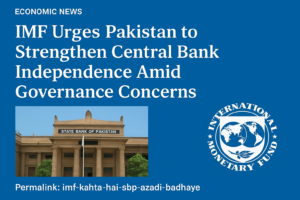Beijing – China’s economy is once again facing turbulence as the real estate sector continues to spiral downward, creating ripple effects across global financial markets. The recent reports of debt defaults by major property developers have sparked renewed concerns about the stability of the world’s second-largest economy.
Housing Market Meltdown
China’s real estate sector, which contributes nearly 30% to the country’s GDP, has long been a key growth engine. However, mounting debts, delayed construction projects, and declining consumer confidence have pushed the industry into crisis. Major developers like Evergrande and Country Garden are struggling to repay loans, leaving homebuyers anxious and investors worried.
Impact on Global Economy
The slowdown in China’s property market is not limited to domestic consequences. International markets are closely monitoring Beijing’s economic policies as China’s financial health directly affects global trade, commodity prices, and foreign investments. A weaker demand from China may also lead to falling exports for countries dependent on its massive consumer base.
Government Response
The Chinese government has stepped in with policy measures to stabilize the sector, including lowering interest rates and injecting liquidity into struggling companies. However, critics argue that these steps may not be enough to reverse the deepening crisis.
Future Outlook
Experts believe that unless China finds a sustainable way to restructure the real estate sector and restore public trust, the economy may face prolonged challenges. While some remain optimistic about Beijing’s ability to adapt, the coming months will be crucial in determining whether China can prevent a wider financial downturn.
